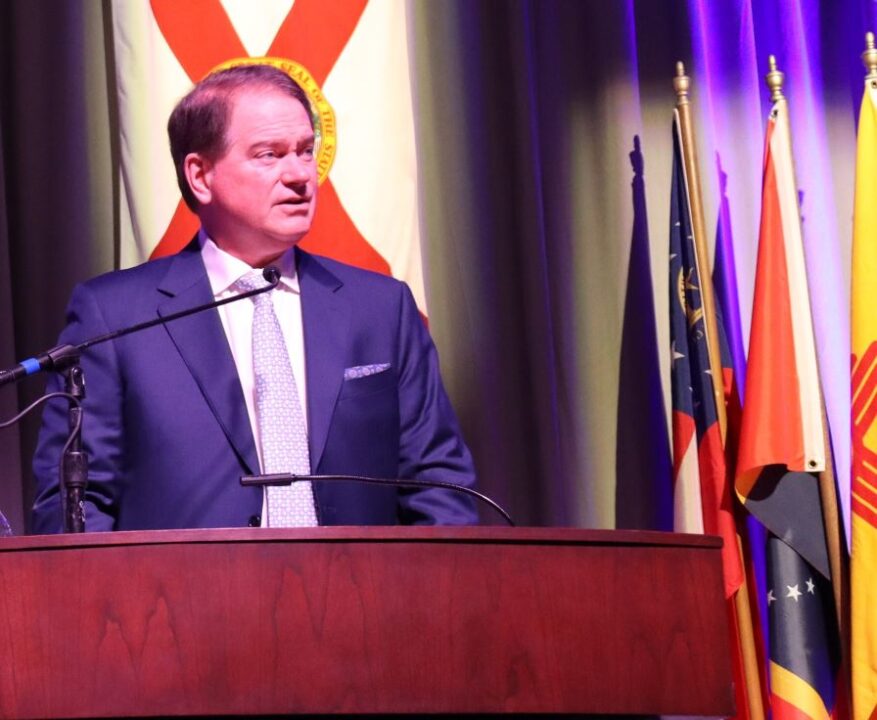Brazil Wins WTO Approval to Sanction U.S. Over Cotton
Bloomberg
Jennifer M. Freedman
Brazil won the World Trade Organization’s approval to start retaliating against the U.S. because of subsidies paid to American cotton farmers.
The WTO gave Brazil permission in August to impose $294.7 million in sanctions against U.S. goods — the second-highest amount ever permitted by the Geneva-based trade arbiter — and Brazil’s government earlier this month released a list of 222 products that may be subject to increased duties. The list includes cotton and other agricultural and textile products as well as U.S. exports such as electronics, cosmetics, ketchup, cars, chewing gum, medical equipment and pharmaceuticals.
WTO judges found in September 2004 that as much as $4 billion in annual U.S. payments to cotton farmers violated global trade rules by encouraging excess production and driving down world prices. In June 2008, they upheld a finding that the U.S., the world’s largest exporter of the fiber, hadn’t done enough to scrap aid to its cotton producers.
The U.S. told the WTO today that it “intends to comply with the recommendations and rulings in this dispute. We do not believe it will be necessary for Brazil to exercise” the sanctions.
Subsidy Benefits
Subsidies help commodity buyers — such as Archer Daniels Midland Co., Bunge Ltd. and ConAgra Foods Inc. — while distorting trade and harming economic development in poorer nations, according to groups such as Boston-based Oxfam America and the Washington-based Environmental Working Group, which favors subsidy reductions and keeps a database of farm payments.
Jay Hardwick, chairman of the National Cotton Council of America, a U.S. growers’ group, said in a statement it was “astonishing” that “anyone would conclude today that U.S. cotton production is damaging Brazilian cotton interests.”
The Cordova, Tennessee-based producer organization will work with trade officials “to ensure that the many changes previously made to the U.S. cotton program and the export-credit guarantee program are fully understood and considered by the WTO,” Hardwick said.
Roberto Azevedo, Brazil’s ambassador to the WTO, said he was unable to predict when his government would strike back against the U.S. When the list of goods up for possible sanctions was released on Nov. 9, Brazil said industries had until the end of the month to comment and that the retaliation may kick in “in the beginning of next year.”
Retaliatory Sanctions
Brazil’s authorities “are taking all the steps necessary to go ahead and there is no indication that they will do otherwise,” Azevedo said today in a telephone interview. U.S. steps to comply with the WTO’s rulings are “our preferred option,” he said.
The WTO ruling in August, based on 2006 data, authorized Brazil to impose sanctions worth $147.4 million to retaliate for U.S. export subsidies and to get compensation of $147.3 million for so-called counter-cyclicals, or payments that rise as crop prices fall below a predetermined price.
The duties on items that are selected for sanctions will increase by as much as 100 percentage points as early as January, Brazil said on Nov. 9. That means a product that has a tariff of 12 percent now could be charged up to 112 percent.
Brazil can retaliate only against goods unless payments to cotton farmers exceed a specific cap, in which case it can strike back against U.S. services or intellectual-property rights. The U.S. breached the limit in 2009, Azevedo said.
Cotton Prices
Brazil has calculated the cap for 2009 at $460.3 million and the U.S. has exceeded that by about $340 million, meaning the Brazilian government can impose about $800 million of duties on American products, Azevedo said in an August interview.
The price of cotton has jumped 24 percent since the harvest began on Sept. 1. Bad weather across the Northern Hemisphere has led to crop damage in China, the world’s largest consumer and biggest buyer of the U.S. fiber, and has contributed to higher prices, Andy Ryan, a risk-management consultant at broker FCStone Group Inc. in Nashville, Tennessee, said yesterday.
Brazil is the world’s fifth-biggest cotton producer, behind China, India, the U.S. and Pakistan.
(Story found in original format here.)









